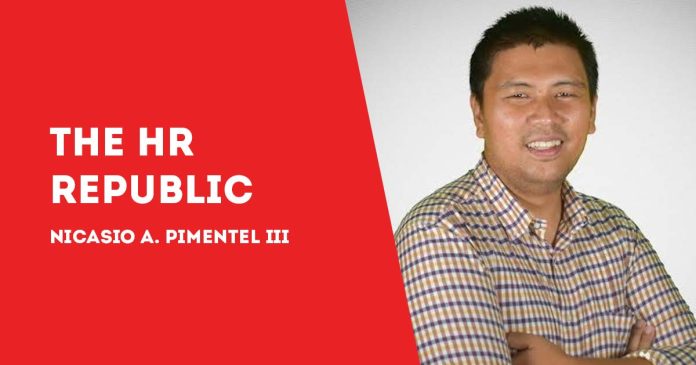
IT WAS after my Master’s final exams, the kind that leaves your brain feeling like overcooked champorado, when my friends and I, still high on dreams and caffeine, decided to wanderlust our way to Nice, France.
You see, we had just survived the miserable, gloomy, and damp British weather that seemed determined to soak not just our coats but our spirits too. So we did what any group of sun-deprived students would do: we booked a Eurotrip to chase the sun and escape the wet misery of the UK.
Three of my closest friends joined us—fellow exam survivors and soul-searchers—on this great continental escape. It was our rite of passage. No plans, just a pair of sandals, a Eurail pass, and an unwavering belief that sunshine and the French Riviera could fix anything.
‘Ras-le-bol’: When Emotional Exhaustion Speaks Louder than Words
Of all the stops on our somewhat chaotic, sleep-deprived European journey, Nice, France stood out—not just because of the “Gatorade-blue” waters and ice cream that tasted like hope, but because of what we witnessed while strolling along the Promenade des Anglais.
A couple in front of us started arguing. Loudly. The kind of fight that turned heads, the kind where you instantly feel like an unwilling extra in someone else’s romantic drama. At first, we assumed it was a lovers’ spat.
We stumbled upon a couple mid-argument. The woman, clearly exasperated, spat out a phrase I didn’t understand: “Ras-le-bol!”
Curious, I discreetly Googled it. The translation? “Fed up.” Not just annoyed. Not merely irritated. Absolutely, definitively, no-more-nonsense fed up.
I remember being struck by how emotionally raw that moment was—two people arguing under the bright Nice sun, still shackled to some old hurt they hadn’t made peace with, and for some reason, that image lodged itself in my memory and never really left. Because toxic workplaces, like toxic relationships, tend to follow people—even on holiday.
And that’s the thing about toxicity: it doesn’t clock out when you do. It festers. It leaks into your weekend brunches, your evening exercises, and, yes, even your beach walks in France.
But here I am now, more than a decade later, remembering that phrase as I write this. Because that—ras-le-bol—is exactly the sentiment shared by countless Filipino employees who have had to navigate the soul-sapping terrain of toxic workplaces.
They don’t just dislike their offices. They’re utterly drained by them. They are tired of morning gossip huddles disguised as casual check-ins. They’re disheartened by passive-aggressive coworkers who mask malice with charm. And perhaps worst of all, they feel helpless in the face of coworkers whose toxicity is not only tolerated but enabled.
Dark Traits, Darker Realities
This brings me to something I had earlier written about in a prior column: what if your organization inadvertently hired someone with what psychologists call the Dark Triad traits?
Machiavellianism, Narcissism and Psychopathy—a sinister cocktail, but one that too often goes unnoticed in interview rooms where charm is mistaken for competence. Once embedded in a team, these individuals quietly chip away at morale, forming factions, sowing distrust, and exploiting every ounce of goodwill they can weaponize.
I’ve seen it up close. Imagine a mid-level manager—let’s call him Rico—who begins every workday huddled with his clique, gleefully dissecting others’ mistakes, smirking with the satisfaction of emotional dominance and misfortunes of others he does not agree with. His targets, often the quiet but competent ones, are slowly drained of enthusiasm.
Rico never raises his voice. He doesn’t need to. His tools are gas lighting, silence, smirks and subtle ridicules. And yet HR records show zero formal complaints. Why? Because people fear retaliation. Because “hiya” and “pakikisama” are alive and well. Because toxic behavior rarely leaves a paper trail. (To be continued)/PN







